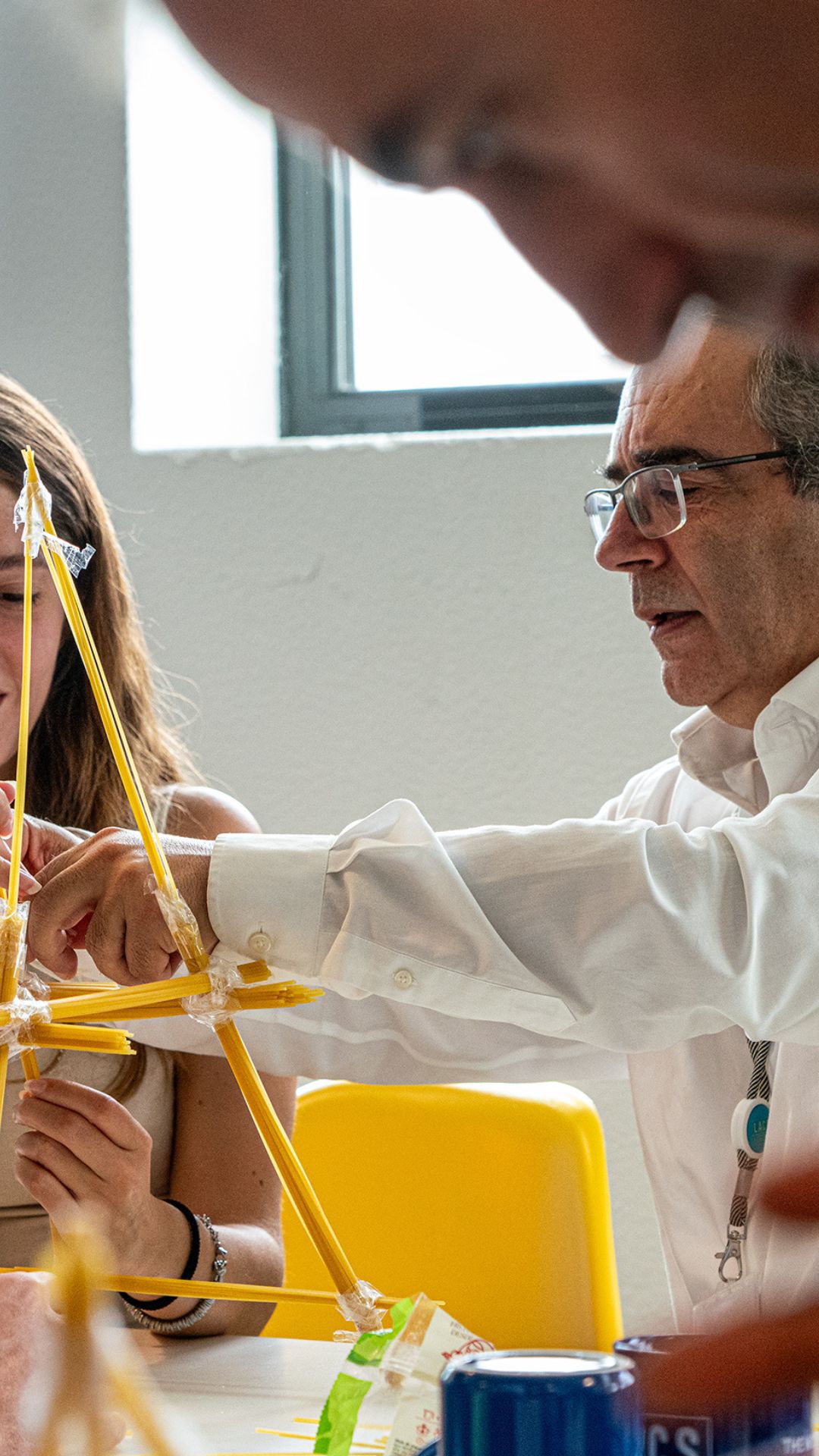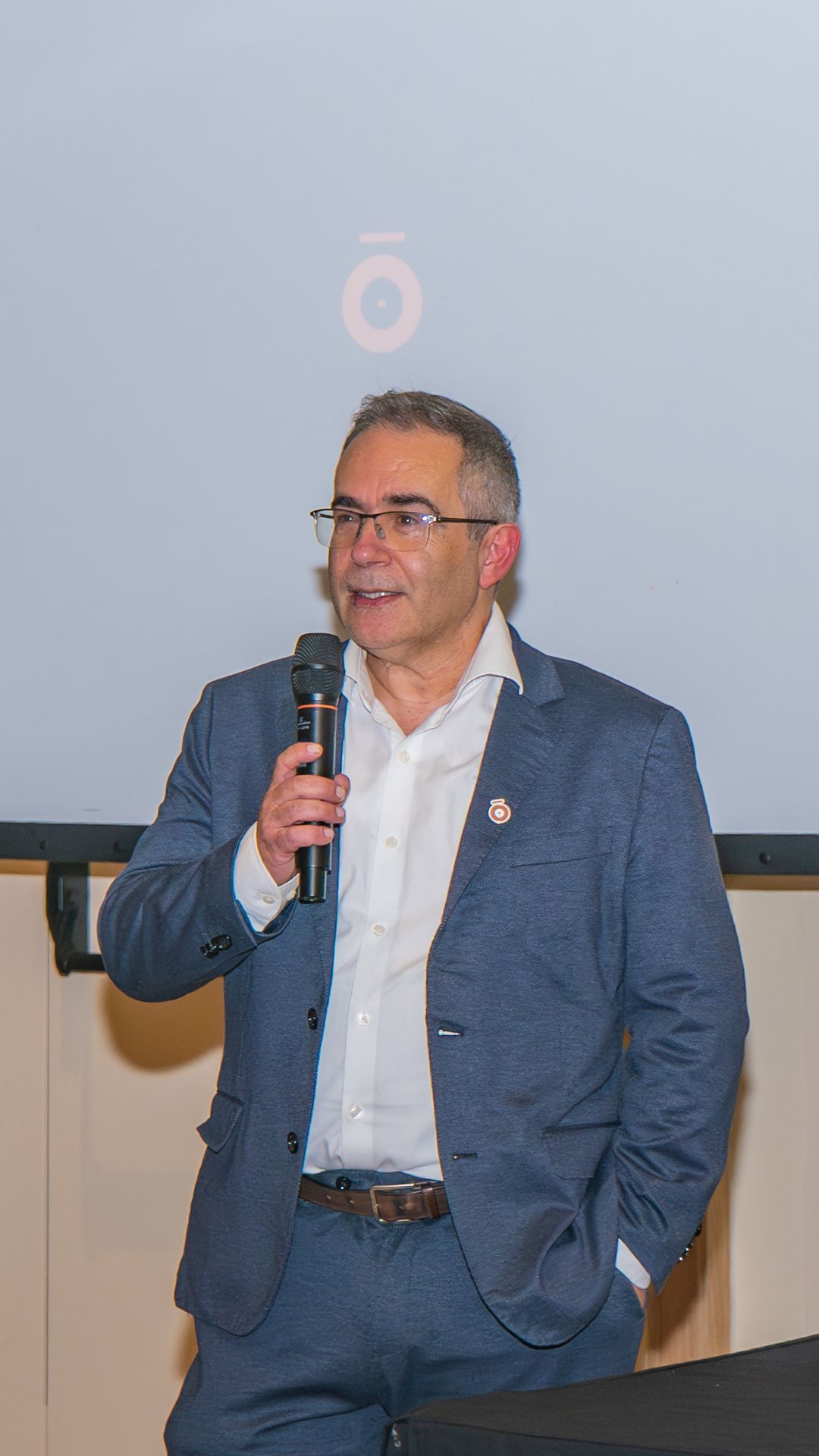Insights on Building a Thriving Startup Ecosystem by Rui Falcão, Co-Founder of COREangels
Rui Falcão, a seasoned business angel investor, co-founder of COREangels and Angel Fund Leader of COREangels Lisbon, draws on his extensive experience in nurturing early-stage ventures to share valuable insights on what makes a startup ecosystem thrive. With a deep understanding of the entrepreneurial landscape, Rui Falcão has observed the trends and challenges faced by startups worldwide and provides a nuanced analysis of what ecosystems must focus on to succeed.
Drawing from his many years of involvement in supporting startups, Rui Falcão comments on the Startup Genome 2024 report, which ranks ecosystems globally based on various criteria. It highlights that the most developed countries dominate the top spots due to their ability to attract and retain the best talent and create favorable environments for innovative startups to flourish. In his view, the competition among cities and nations to climb the ranks is fierce, and it all comes down to creating the right conditions for startups to grow—something he has helped foster in his own investments.
Rui Falcão stresses that startups are far more than risky ventures run by inexperienced entrepreneurs. As a veteran angel investor, he knows that startups represent the entrepreneurial spirit of a nation and are essential for fostering economic vitality, innovation, and talent attraction. They are, in essence, the engines driving economic and social development. Rui Falcão emphasizes that underestimating the potential of startups is a strategic error—they are the visible embodiment of a country’s entrepreneurial energy. Entrepreneurs, he points out, are society’s greatest hope for creating alternative solutions to complex problems, something he has witnessed time and again in his work.
The Six Key Drivers of Startup Ecosystem Success
According to Falcão’s extensive experience and the findings of the Startup Genome report, six critical factors shape the success of an innovation ecosystem:
- Economic Performance
From Rui Falcão’s perspective, the total value generated by an ecosystem—reflected in startup valuations and exits—is a key indicator of success. Drawing on his own investments and mentorship in the venture capital space, Rui Falcão notes that ecosystems thrive when they produce unicorns and significant exits, attracting global investors and top talent. However, he also highlights the importance of early exits, a factor often neglected in many markets. In his experience, promoting liquidity and ensuring a dynamic secondary market are essential for nurturing early-stage startups and allowing investors to realize returns sooner. - Funding Availability
A crucial element for any startup ecosystem, Rui Falcão points out, is access to capital at every stage—from early seed investments to later rounds like Series A and B. With his first-hand knowledge of raising funds and working with investors, he stresses that healthy funding cycles are what keep ecosystems vibrant. He has long advocated for policy changes to encourage more early-stage investment, particularly through incentives for business angels. Drawing from international examples, Rui Falcão underscores how critical it is for ecosystems to simplify the funding process and reduce bureaucratic hurdles to create a more investor-friendly environment. - Market Access
Rui Falcão has seen that one of the major differentiators of successful ecosystems is their ability to provide startups with access to both local and global markets. Drawing on his own experiences supporting startups in various regions, he explains that ecosystems with strong networks and market access—like Silicon Valley—give startups a head start. His insight here is clear: international connections and collaborations are vital for any startup ecosystem aiming for global impact. - Talent
Having worked closely with startup founders and teams across many industries, Rui Falcão understands the critical importance of having a skilled talent pool. He has seen how ecosystems with strong universities and the ability to attract international talent thrive, particularly when it comes to tech and business expertise. Rui Falcão’s advice to startup ecosystems is to focus on attracting and retaining top talent by providing both incentives and opportunities for growth. - Connectivity within the Ecosystem
With decades of hands-on experience in the startup space, Rui Falcão knows that ecosystems work best when they are highly connected. He points to the importance of mentorship networks, investor relationships, and strategic partnerships that fuel knowledge-sharing and innovation. As a business angel, he has frequently played the role of connector, linking startups with the right people and resources to ensure they succeed. - Knowledge and Innovation
Rui Falcão has been deeply involved in startups that push the boundaries of technology and innovation. He sees knowledge production—whether through patents, research, or tech developments—as a cornerstone of a thriving ecosystem. In his work, Rui Falcão has consistently supported startups that collaborate with research institutions and universities, knowing that this is where many groundbreaking ideas and technologies originate. A steady flow of innovation, he observes, gives startups a crucial edge in solving complex problems.
Strategies to Strengthen Startup Ecosystems
Drawing from his own entrepreneurial journey and years of experience as an investor, Rui Falcão offers three actionable strategies that any startup ecosystem can adopt to foster growth:
- Tax Incentives for Startup Investments
Rui Falcão has long been an advocate for favorable tax policies that encourage high-risk early-stage investments. Drawing on international best practices, he suggests that ecosystems adopt models that allow investors to offset losses with tax credits, making it more attractive to invest in early-stage startups. Such policies, he argues, could lead to a surge in capital available for startups, a factor he knows is crucial for ecosystem growth. - Increasing Market Liquidity
One of the biggest challenges he has seen in the early-stage investment space is the lack of liquidity. Investors often have to wait years for a profitable exit, which can stifle the growth of the ecosystem. His proposal is to create secondary markets and establish collaborative funds that boost liquidity—enabling investors to realize returns faster and reinvest those funds into the ecosystem. This approach, he argues, would foster a more dynamic investment environment, something he has championed throughout his career. - Boosting International Visibility and Partnerships
Rui Falcão recognizes the importance of global visibility for startups. Having seen many startups struggle to gain international attention, he stresses the need for ecosystems to build stronger connections with global players. Partnering with top international accelerators and investors, he believes, can open doors for startups and help ecosystems gain recognition on the global stage.
Rui Falcão’s deep involvement in the startup world gives him a unique perspective on what it takes to build a successful ecosystem. While some regions may never be able to compete with the likes of Silicon Valley in terms of capital or scale, Rui Falcão is optimistic that by focusing on early-stage support, fostering connections, and attracting top talent, ecosystems like Portugal can become vibrant hubs for innovation. Through collective effort and strategic initiatives, he envisions an environment where startups can thrive, attract international attention, and contribute to a global entrepreneurial movement.
About COREangels Lisbon
COREangels Lisbon is a group of serial entrepreneurs and experienced angels, investing in seed and pre-seed startups connected to Portugal. Their business angels have a hands-on approach in mentoring their startups towards scalability and profitability, with a professional leadership team and audited accounts.
Source: Link to Leaders











